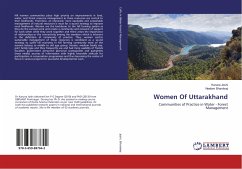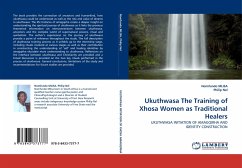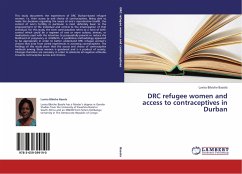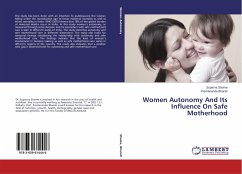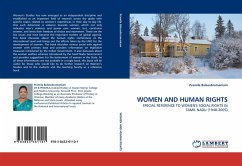Hill women communities place high priority on improvements in land, water, and forest resource management as these resources are central to their livelihoods. Therefore, an improved, more equitable and sustainable management of natural resources is must for a sound strategy to improve rural livelihoods. Women are the backbone to the hill farming system as they do the survival work and create a community and network of support for each other while they work together and there arises the importance of relationships or the connectivity among the members which is inherent in the definition of community of practice. Thus, women centric sustainable management of these resources is condidard as a sound strategy to uplift hill economy. In hill farming community most of the women belong to middle to old age group, literate, medium family size, joint family type and they frequently use and had more usability of friends (localite), government personnel (personal cosmopolite) and pamphlets (mass media) sources of information with highly favorable attitude for participation in conservation programmes and thus becoming the center of focus in various projects for successful developmental work.
Bitte wählen Sie Ihr Anliegen aus.
Rechnungen
Retourenschein anfordern
Bestellstatus
Storno

